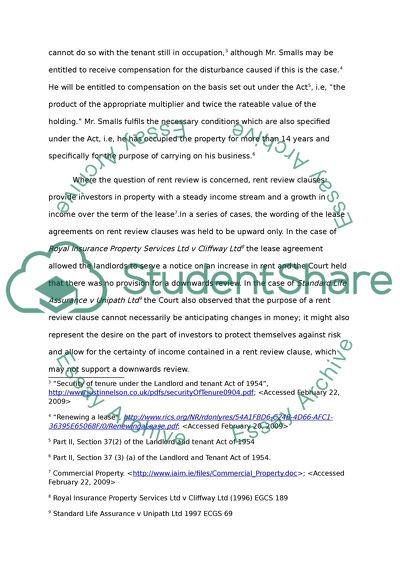Cite this document
(Cases and Examples of Property Management in Law Case Study, n.d.)
Cases and Examples of Property Management in Law Case Study. Retrieved from https://studentshare.org/law/1720367-property-management-law
Cases and Examples of Property Management in Law Case Study. Retrieved from https://studentshare.org/law/1720367-property-management-law
(Cases and Examples of Property Management in Law Case Study)
Cases and Examples of Property Management in Law Case Study. https://studentshare.org/law/1720367-property-management-law.
Cases and Examples of Property Management in Law Case Study. https://studentshare.org/law/1720367-property-management-law.
“Cases and Examples of Property Management in Law Case Study”. https://studentshare.org/law/1720367-property-management-law.


